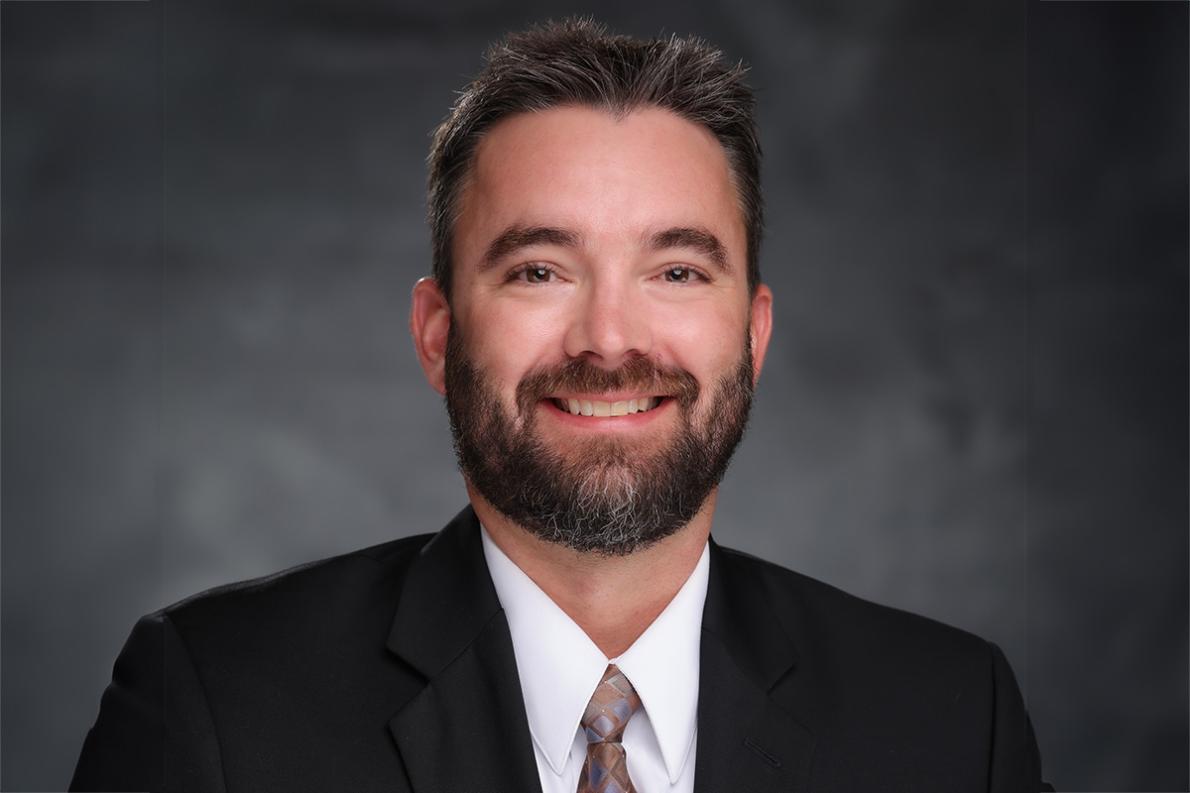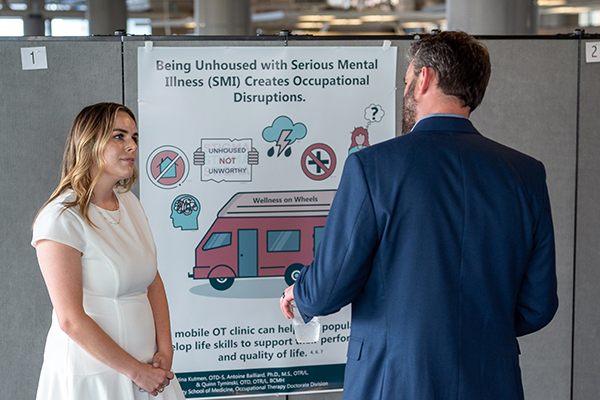Educating Frontline Workers on Community Mental Health

Antoine Bailliard, PhD, MS, OTR/L, collaborated with the Wisconsin Department of Health Services (DHS) over the summer to educate and train frontline community mental health workers. His efforts focused on promoting best practices in psychosocial rehabilitation and enhancing the ability of these workers to support individuals in achieving meaningful participation in their communities.
Through this collaboration, Dr. Bailliard aimed to improve the quality of care for individuals with mental health challenges, ensuring they receive person-centered, evidence-based support that fosters recovery and community integration.
“Research has proven that meaningful participation in community and society is a medical necessity, and that social isolation is a significant risk factor for adverse physical health events such as stroke or other forms of cardiovascular disease,” Dr. Bailliard said. “Supporting the occupational participation of adults with serious mental illness in the community is a critical intervention target.”

Dr. Bailliard designed and delivered an introductory training program for DHS on psychosocial rehabilitation lasting six hours per day for two days. The program was delivered on two separate occasions, with approximately 100 trainees attending each. Dr. Bailliard also provided two days of advanced and introductory training for the Profile of Participation assessment tool that helps gauge the appropriate level of participation in an activity by an individual or group.
The community mental health workers taking the training included OTs, peer support specialists, social workers, nurses, and others. “Designing the training was tricky because it was a broad audience with diverse skill sets, experiences, and levels of training,” Dr. Bailliard said. It required him to be strategic and consider how to introduce mental health topics and conversations differently to unique groups.
In addition to the training, Dr. Bailliard provided three separate consult meetings to provide technical assistance to any community mental health worker in Wisconsin who called in. Through this experience, he said he learned from hearing about real-world examples and challenging situations that clinicians are exposed to.
“It deepened my knowledge, and I have new and valuable anecdotes for my classes at Duke.”